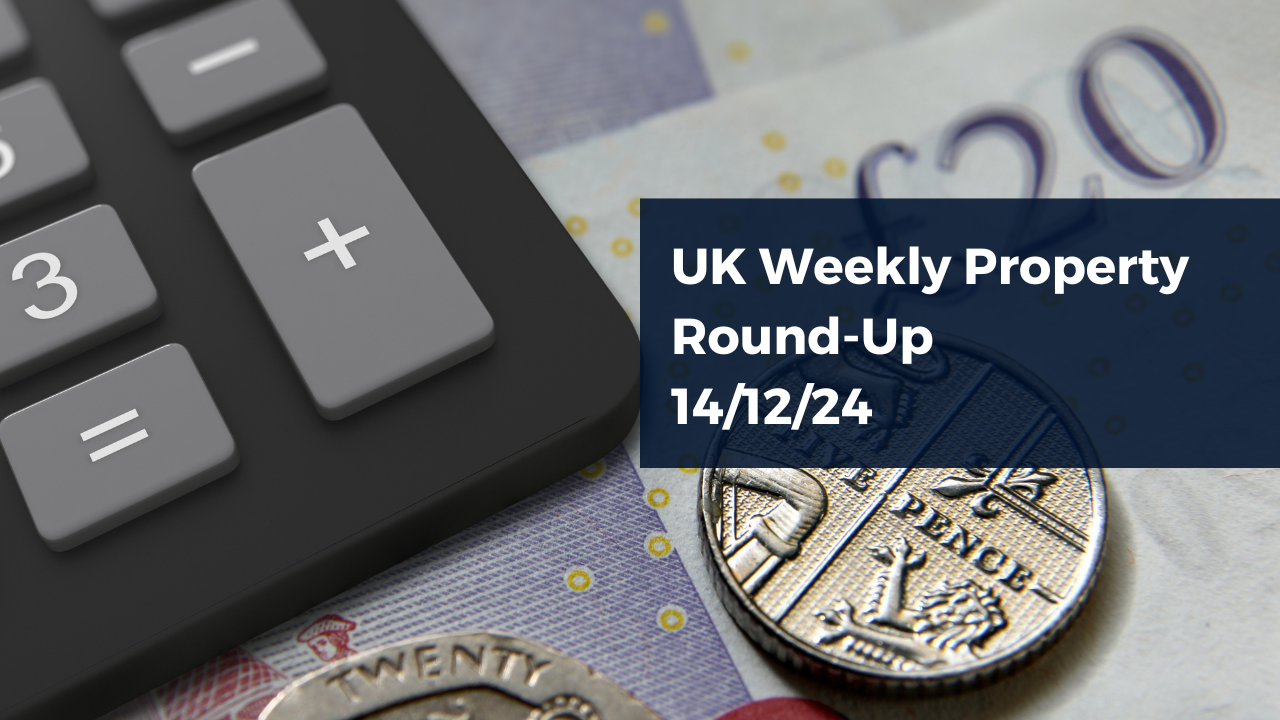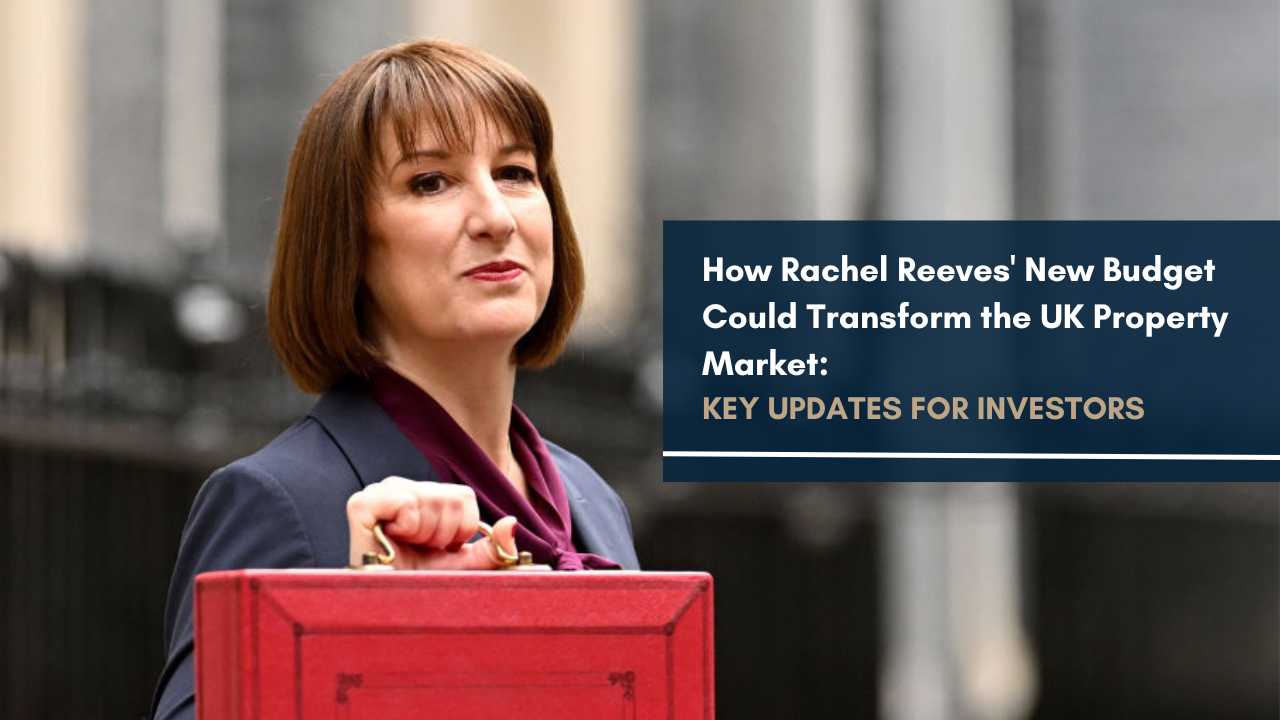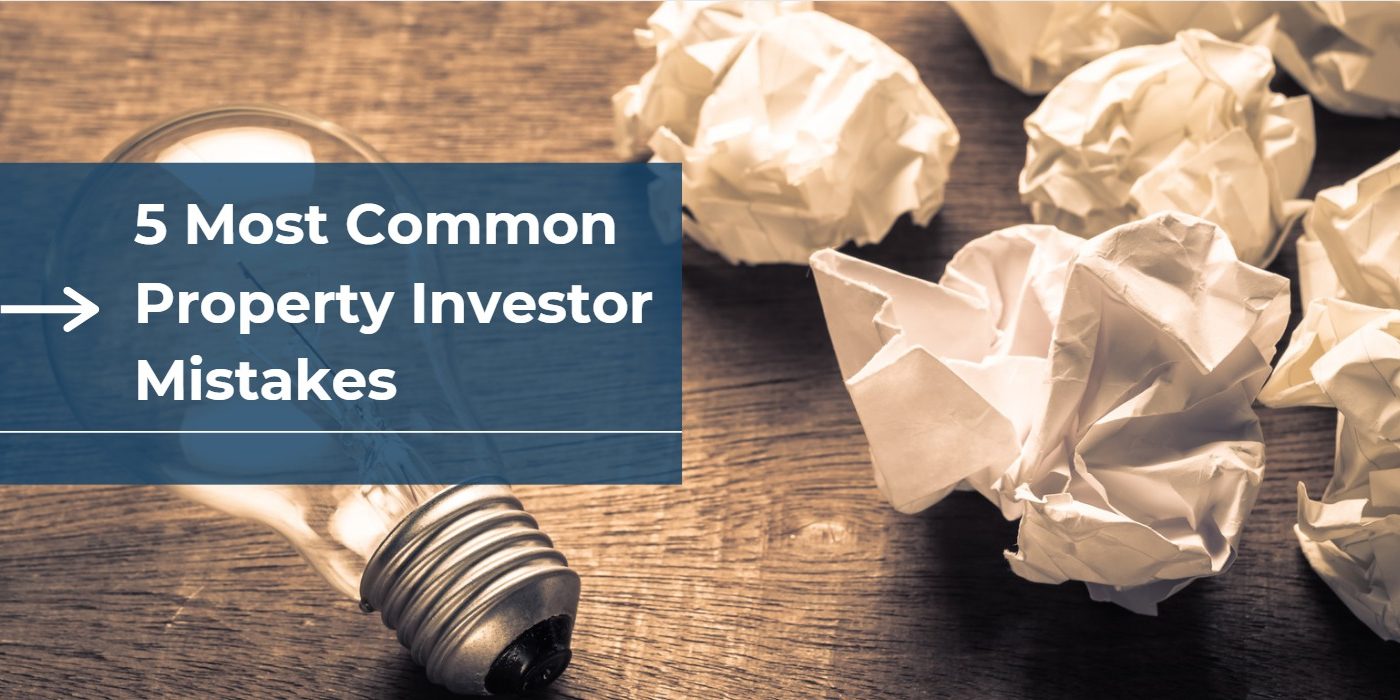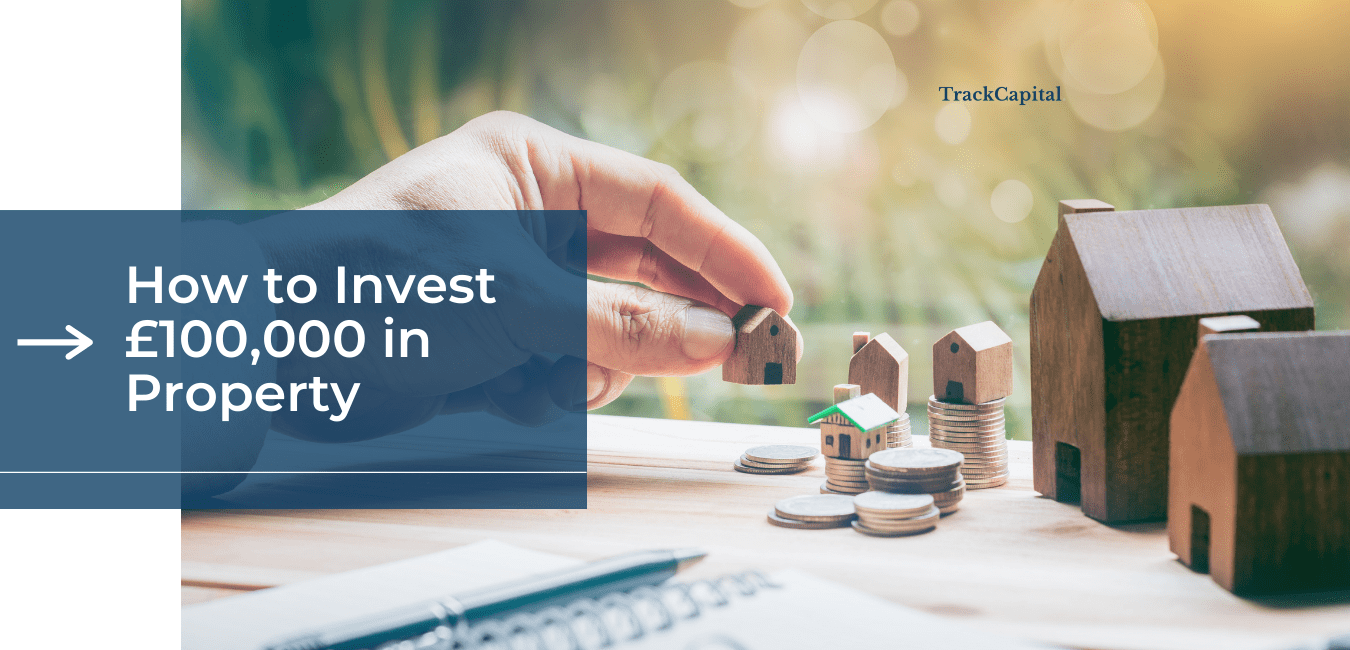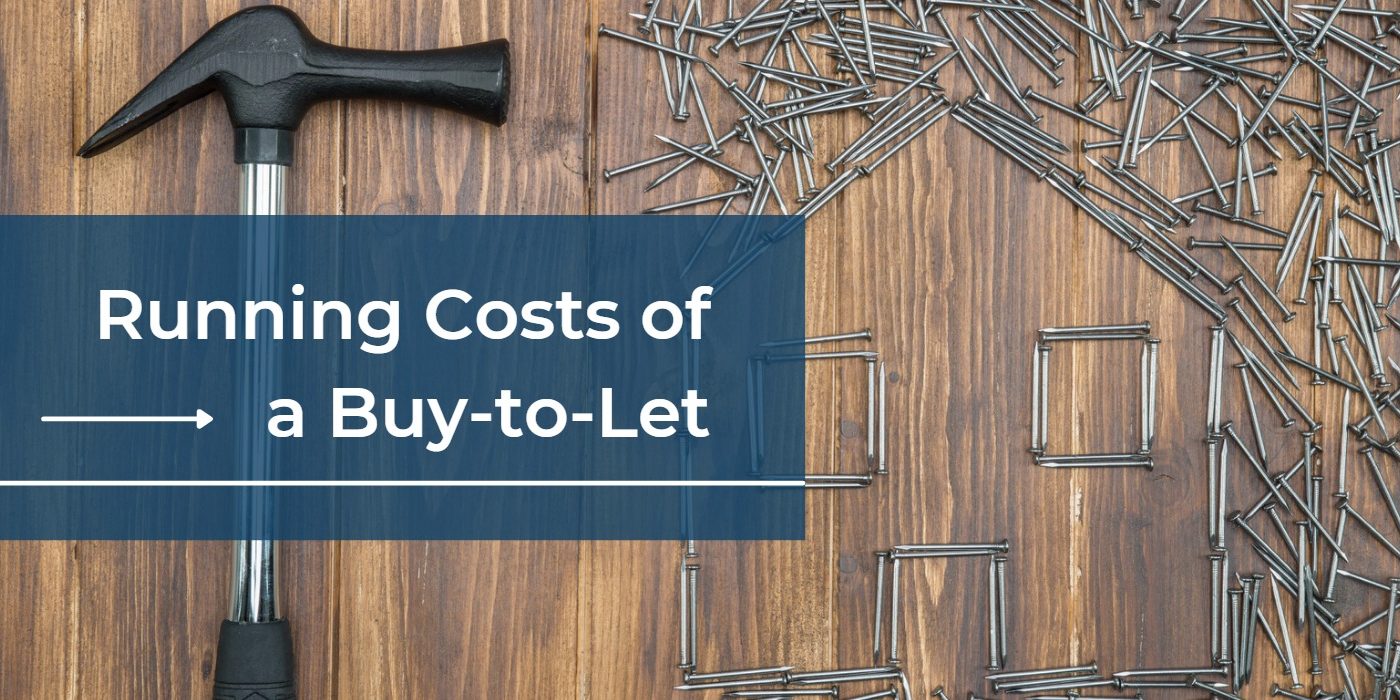Buy-to-let properties are a great way to develop a substantial passive income. But, as with all investments, HMRC wants its pound of flesh and that comes in the form we all know and love: tax.
In this post, we will explore the main buy-to-let property taxes that landlords and property investors have to pay in the UK. These can be broadly split into three types:
- Taxes you pay when buying a property
- Taxes you pay throughout ownership
- Taxes you pay when selling a property
Taxes Paid When Buying A Buy To Let
The only tax you’ll pay when buying a property is Stamp Duty Land Tax (SDLT).
The stamp duty rules differ based on whether you’re buying a primary residence (i.e. a first home or moving to a new home) or additional property.
For those purchasing a primary residence, the current threshold for stamp duty is £125,000 in the UK (or £300,000 if you are a first-time buyer). This means buyers don’t pay stamp duty on purchases below the threshold. After that, stamp duty is charged in brackets:
| Brackets | Stamp Duty Land Tax Rate for Primary Residences |
|---|---|
| Up to £125,000 | 0% |
| £125,001 – £250,000 | 2% |
| £250,001 – £925,000 | 5% |
| £925,001 – £1.5m | 10% |
| Over £1.5m | 12% |
So, under these rules, a person buying a new home worth £300,000 pays stamp duty of 2% on the portion between £125,001 and £250,000, plus 5% on the portion between £250,001 and £300,000. It works out at £5,000. Please note first-time buyers will not pay stamp duty in this example as their threshold is higher.
Most buy-to-let investors will typically already have a primary residence, so any purchase of an additional property will fall under different rules. Stamp duty kicks in sooner, and you pay considerably more.
As with regular stamp duty on primary residences, the rate you pay is bracketed and depends on the property’s purchase price, but rates are 3% higher for additional properties.
Therefore, investors purchasing additional for buy-to-let will pay stamp duty at the following rates:
| Brackets | Stamp Duty Land Tax Rate for Additional Properties |
|---|---|
| Up to £125,000 | 3% |
| £125,001 – £250,000 | 5% |
| £250,001 – £925,000 | 8% |
| £925,001 – £1.5m | 13% |
| Over £1.5m | 15% |
The rates quoted above are for England and Northern Ireland. Rates in Wales and Scotland are different.
Stamp duty can, therefore, add a substantial amount to the total purchase price for an investor. But sometimes, developers will offer to pay the stamp duty on behalf of investors in off-plan projects – as a sweetener for the deal. It’s well worth speaking to an advisor and asking about such projects.
Learn more about this topic: How Much Is Stamp Duty On a Buy To Let Property?
Taxes Paid Throughout Ownership
Council Tax
If your buy-to-let property is occupied, the standard agreement is that tenants are responsible for paying council tax.
However, you will be liable for council taxes if your property is vacant. How much you pay will depend on the property’s council tax band (A to H in England) and the rates set by the local government.
Income Tax
If you receive rental income from a property, you must pay tax on the profits. How much tax you owe will depend on the ownership structure of the property.
If you own a property “personally” (i.e. you do not own it through a company), the first £1,000 in rental income is tax-free. After that, you should report any earnings on your self-assessment tax return. Property income will add to your regular wage income (if you have a job) on your tax return.
You’ll then pay the appropriate rate of income tax on the combined income, which is:
- 0% on all earnings up to £12,570
- 20% on all earnings between £12,571 and £50,271 (basic rate taxpayers)
- 40% on all earnings between £50271 and £150,000 (higher rate taxpayers)
- 45% on all earnings above £150,000 (additional rate taxpayers)
Remember, you can reduce the total income tax you pay on rental income by subtracting allowable expenses.
Corporation Tax
If you own a property through a company, you should treat rental income like any other business income. If you make a profit (after deducting all allowable expenses such as maintenance costs, letting agent fees, and so on), you’ll pay corporation tax at 19%.
You’ll then pay further taxes when extracting money from the company via a salary or dividends. Salaries are subject to the income tax rates in the section above, while dividends are taxed slightly differently but are based on your income rate tax band:
- Tax-free dividend allowance up to £2,000 per year
- 8.75% charged on dividends above the allowance for basic income rate taxpayers
- 33.75% charged on dividends above the allowance for higher-rate taxpayers
- 39.35% charged on dividends above the allowance for additional rate taxpayers
Whilst this “double tax” seems high, note that companies can benefit from mortgage interest relief while personal buy-to-let property owners do not. This means you can deduct mortgage interest as an allowable expense if you run your buy-to-let operations through a business. This can have a dramatic effect and we highly recommend speaking to a professional advisor about it to determine whether personal or company ownership is better for you.
Taxes Paid When Selling A Buy-To-Let
Most people do not pay capital gains tax (CGT) when selling their primary property. However, you will need to pay CGT when selling a buy-to-let.
Capital gains tax is a tax applied to the gain you make between the buying and selling price of your property. For instance, if you bought a property for £150,000 and sold it for £250,000, you’d pay capital gains on the £100,000 growth in value. If you sell a property for less than you bought it, you do not have to pay capital gains tax.
When calculating your CGT liability, the HMRC lets you deduct allowable costs when “disposing of” or selling your property. These include solicitors’ fees, estate agent fees, the cost of any extensions you built, and other improvement works (you cannot deduct regular maintenance expenses).
The CGT rate you pay depends on your regular income tax band. If your income is within the basic income tax band, you’ll pay 18% CGT on residential properties you sell. You’ll pay 28% CGT on your gains if you are a higher or additional rate taxpayer.
For example, if you are a basic rate taxpayer and make a £100,000 capital gain when you dispose of a buy-to-let property, you’ll pay £18,000 in capital gains tax. If you are a higher or additional rate taxpayer, you’ll pay £28,000.
Summary
So there you have it – the different taxes you can expect to pay throughout your journey as a property investor. If you have any questions about the information in this article, please don’t hesitate to get in touch.
And if you need advice on buying an investment property, that’s what we’re here for. Track Capital is a property investment company based in London but operating nationally. We can guide you through every stage of the investment process, and we can advise on structuring your purchase in the most tax-efficient method possible. Please get in touch with our team today to discuss this further.







